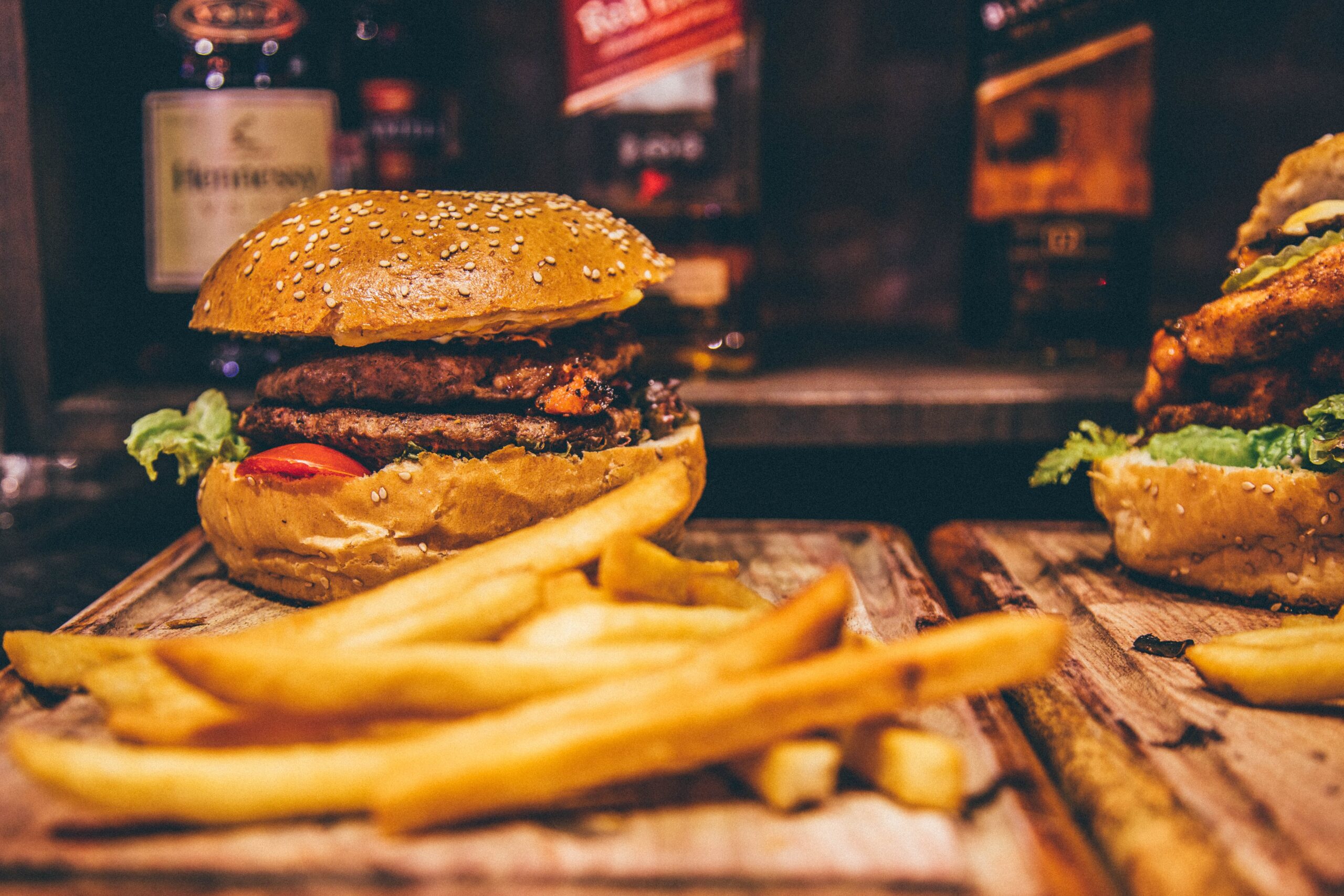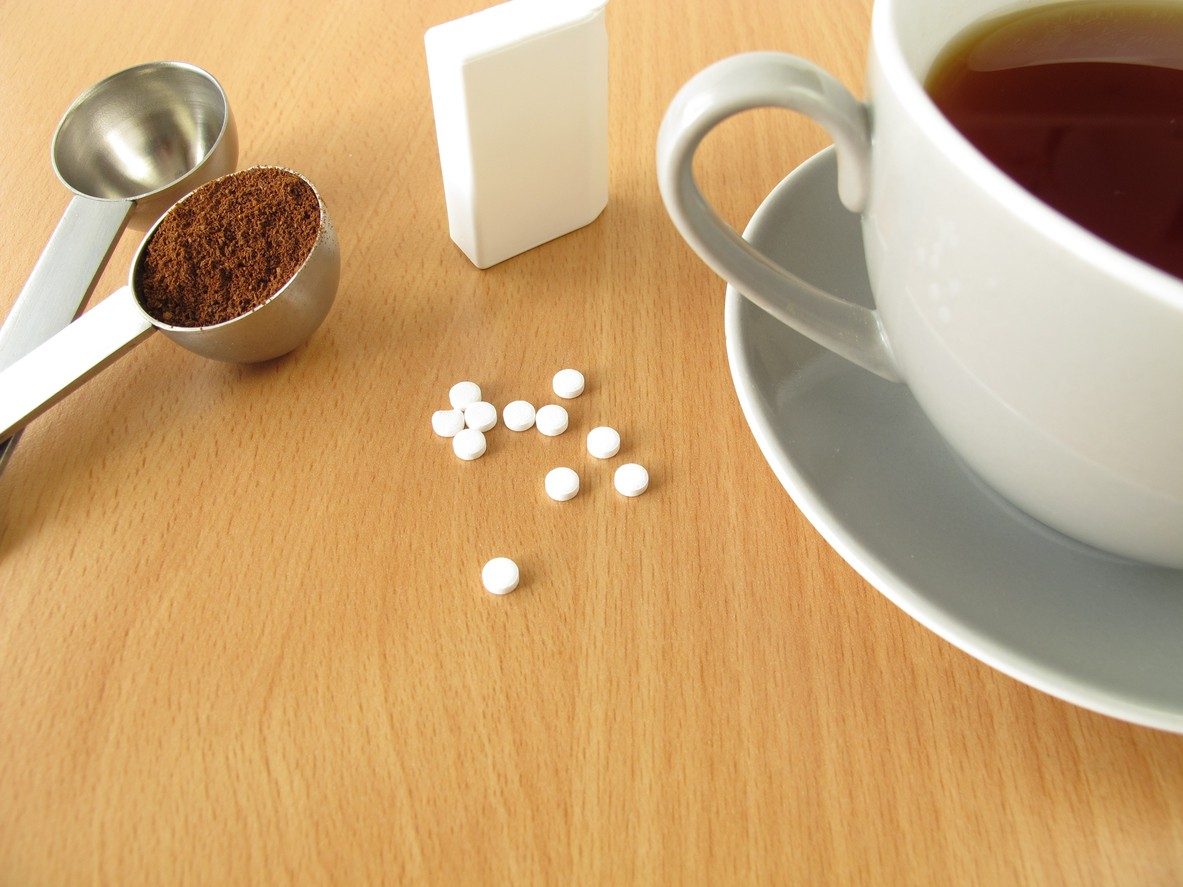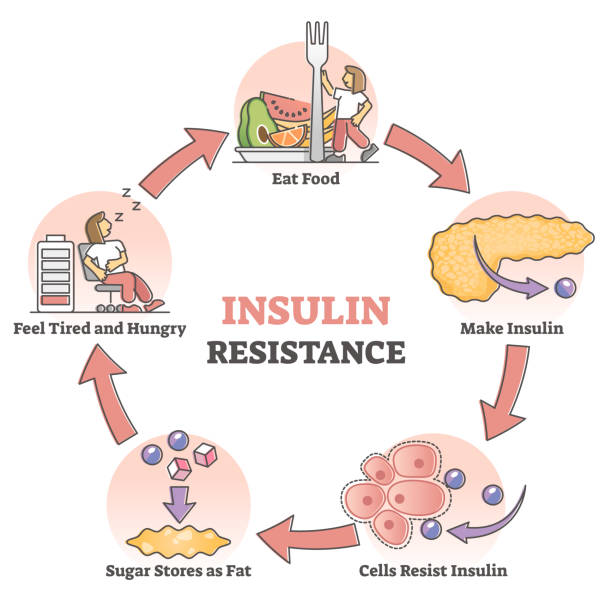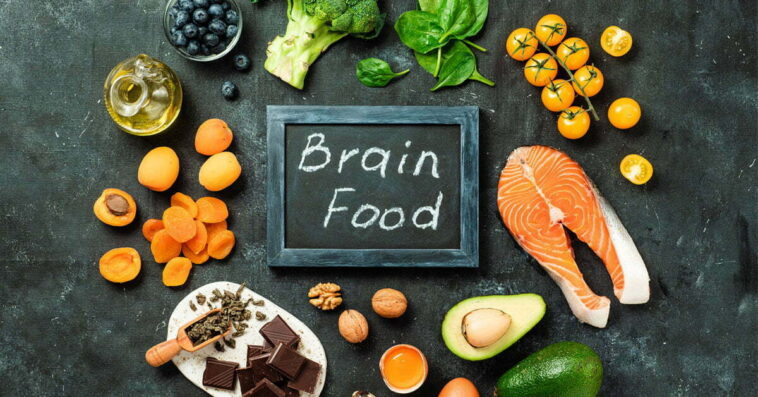It is often said that “you are what you eat”. This simple statement means that the human body and its functioning are a culmination of the nutrition a person intakes throughout his life. Therefore, what you eat, how often and in what quantities you eat make a lot of difference to how your body functions. Hence, integrative medicine takes into account food habits in dealing with diseases.
An ever-expanding area of research deals with the intercommunication of the gut-brain axis. Gut-brain research deals with how food, whether rich in fats or sugars, affects the brain. The gut-brain axis involves bidirectional communication, meaning that the brain sends and receives signals and reacts to the messages sent by a person’s gut. The effects on the brain may be mediated at a hormonal, immunological, metabolic, or anatomical level.
Why It Makes Sense To Be Careful What You Eat
The brain is the most crucial organ of the body that controls the functioning of all other vital organs like the heart, lungs and kidneys. The brain comprises two types of cells: the neurons, or the nerve cells, and the glia, the support cells. There are several ways in which the brain cells may be affected by what you consume, and some of them are discussed in this blog post.
1. Omega 3 Fatty Acids And DHA Reduce Inflammation In The Brain

Omega 3 fatty acids are present in plant seeds like chia seeds and walnuts. Several studies have shown that consuming omega-3 fatty acids is good for reducing inflammation in different brain parts.
There are many ways in which inflammation may affect brain function. Inflammation in the hippocampus can affect the formation of new neurons. Now neurons form the basic circuitry of the brain, and the hippocampus is the only place where new neurons (stem cells) are produced in adults.
The hippocampus is also essential for memory formation. So if the formation of new neurons is affected due to inflammation, memory formation or consolidation may be affected. So it makes sense to consume a sufficient quantity of omega-3 fatty acids in your daily diet. Like omega 3 fatty acids DHA or docosahexaenoic acid, which is present in fish oils, is also great for reducing inflammation in the brain.
However, it is not correct to believe that consuming chia seeds or food rich in fish oils will immediately improve your memory. The way these chemicals act and their actual quantities that reach the brain are varied. So the observable physiological effect that you may see may take years to manifest or may not be noticeable at a macro scale.
2. High Fat Diet May Aggravate Oxidative Stress

Many fast foods like burgers and fried stuff are rich in fats. Consuming burgers way too often is bad for the functioning of the brain. Fatty food has been shown to increase oxidative stress in the brain cells. An increase in oxidative stress means an increase in ROS or reactive oxygen species formation in the cells of the brain.
Too much ROS is bad as these compounds are highly reactive, and they knock off electrons from other components of the brain and damage them. So if you consume too many French fries or burgers in a day, you may harm your brain and damage its components.
Apart from high ROS levels, high fat-containing food also affects the inflammation in brain cells. Some experiments showed that injured rats who were fed a diet rich in fatty food took more time to recover from injury due to inflammation.
3. Artificial Sweeteners Like Aspartame May Increase Irritability And Anxiety

Aspartame is a protein-like compound, so it is not a natural sugar, but it makes food sweet. Aspartame is present in copious amounts in iced soda and Coke, which most youngsters love to consume. However, several studies have linked the consumption of Aspartame to increased anxiety levels and irritability in experimental models.
4. Mediterranean And Japanese Diets Have A Role In Serotonin Production

Mediterranean and Japanese cuisines are rich in unprocessed grains, seafood, fruits and vegetables. These foods have been shown to promote the growth of good bacteria and improve serotonin secretion in the body.
Good bacteria not only influence how well your gut functions but also control the inflammation levels throughout the body. Serotonin is a chemical that is known to fight signs of depression. So eating certain cuisines rich in sea foods and unprocessed grains may help fight depression.
5. Eating Too Much Sugar May Lead To Insulin Resistance

Normally, when you consume sugar, your body releases insulin to break down that sugar if the body does not require it. However, when you consume too much sugar, your body becomes resistant to it. This means that initially, the pancreas will try to pump out more insulin to combat the high sugar level. But as the pancreas gets overworked, it will get damaged and stop functioning, also, over time, the body’s cells will stop responding to it.
BDNF (brain-derived neurotrophic factor) is a potent inducer of insulin production under hyperglycemic conditions, and disbalances in insulin levels or insulin sensitivity of the cells may affect the brain.
6. Empty Stomach May Affect Synaptic Connectivity
If you have an empty stomach for long, that too affects your brain. When you have an empty stomach, it secretes a hormone known as ghrelin. Ghrelin is a ligand for a receptor found in several parts of the hypothalamus. So not only what you eat matters, but when you eat and how often you are on an empty stomach also matters.
Conclusion
This blog post gives a few examples of the ways through which your food affects your brain. There are also numerous other ways in which diet or the levels of nutrition that your body acquires affect the brain. There is no denying that good nutrition is essential for proper cognitive development, development of a healthy immune system and prevention of bodily ailments. So you must choose your food wisely and consume it in a timely manner.



